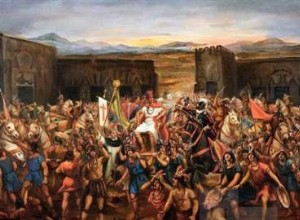Mykola Bodarenko was at work that night, at the Chernobyl nuclear power plant, in a room 150 meters from the 4th block. Describing, some years later, the moment of the explosion, to Reuters, he had said characteristically:We heard a sound and then followed a wave like an earthquake. That was the fir




